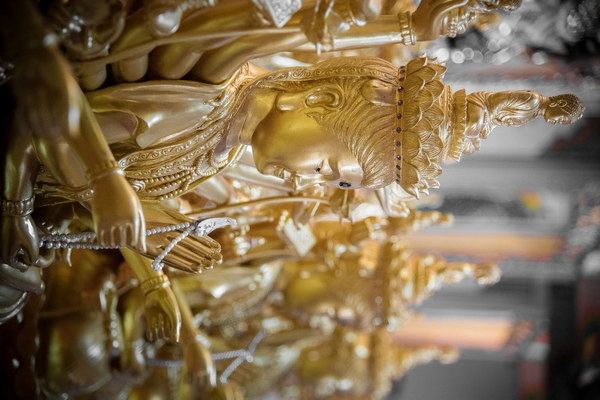Ivory A Symbol of Health and Vitality Unveiling the Secrets of Ivorys Health Benefits
In the realm of traditional Chinese medicine, Ivory has long been revered for its supposed health benefits. But what exactly is Ivory, and why has it been considered a symbol of health and vitality? In this article, we will delve into the fascinating world of Ivory, exploring its origins, traditional uses, and the science behind its health benefits.
Ivory, derived from the tusks of elephants, has been a prized material for centuries. In ancient China, it was believed that Ivory possessed mystical properties that could enhance one's health and well-being. The term ivory itself is derived from the Latin word ivora, which means elephant tooth. This material has been used in various forms, including jewelry, sculptures, and even as a material for medicinal purposes.
The traditional use of Ivory in Chinese medicine can be traced back to the Yellow Emperor's Classic of Internal Medicine, an ancient text that dates back to around 2,700 BC. According to this text, Ivory is believed to have cooling properties that can help alleviate fever, reduce inflammation, and calm the mind. It is also said to possess properties that can nourish the heart and promote a healthy mind and body.

One of the primary reasons Ivory was considered beneficial for health is its association with the heart meridian in traditional Chinese medicine. The heart meridian is believed to govern emotions, memory, and the mind. It is also closely linked to the functions of the heart and circulatory system. By using Ivory, practitioners believed that they could harmonize the heart meridian, leading to improved overall health and vitality.
The scientific community has conducted numerous studies to uncover the potential health benefits of Ivory. While many traditional claims remain unproven, some researchers have found that Ivory may contain trace elements that can contribute to health benefits. For instance, studies have shown that Ivory contains calcium, phosphorus, and trace amounts of zinc, copper, and iron. These minerals are essential for maintaining healthy bones, teeth, and overall bodily functions.
In addition to its mineral content, Ivory is also believed to have a cooling effect on the body. This cooling property is thought to be beneficial for those suffering from fever, inflammation, and other heat-related conditions. While the exact mechanism behind this cooling effect is still not fully understood, some scientists speculate that it may be due to the material's ability to absorb and dissipate heat.
It is important to note, however, that the use of Ivory for medicinal purposes has been controversial due to the ethical concerns surrounding the hunting and trading of elephants. Elephant tusks are a significant source of income for poachers, and the illegal ivory trade has led to a dramatic decline in elephant populations worldwide. As a result, many countries have banned the trade and use of Ivory, making it difficult for modern practitioners to obtain authentic Ivory for medicinal purposes.
In conclusion, Ivory has long been considered a symbol of health and vitality in traditional Chinese medicine. Its origins can be traced back to ancient texts, and its supposed health benefits are attributed to its cooling properties, mineral content, and association with the heart meridian. While the scientific community has yet to fully substantiate all of these claims, the use of Ivory as a medicinal material remains a topic of interest and debate. As we continue to explore the world of traditional medicine, it is essential to balance the pursuit of health and wellness with the ethical considerations surrounding the use of Ivory and other natural resources.









